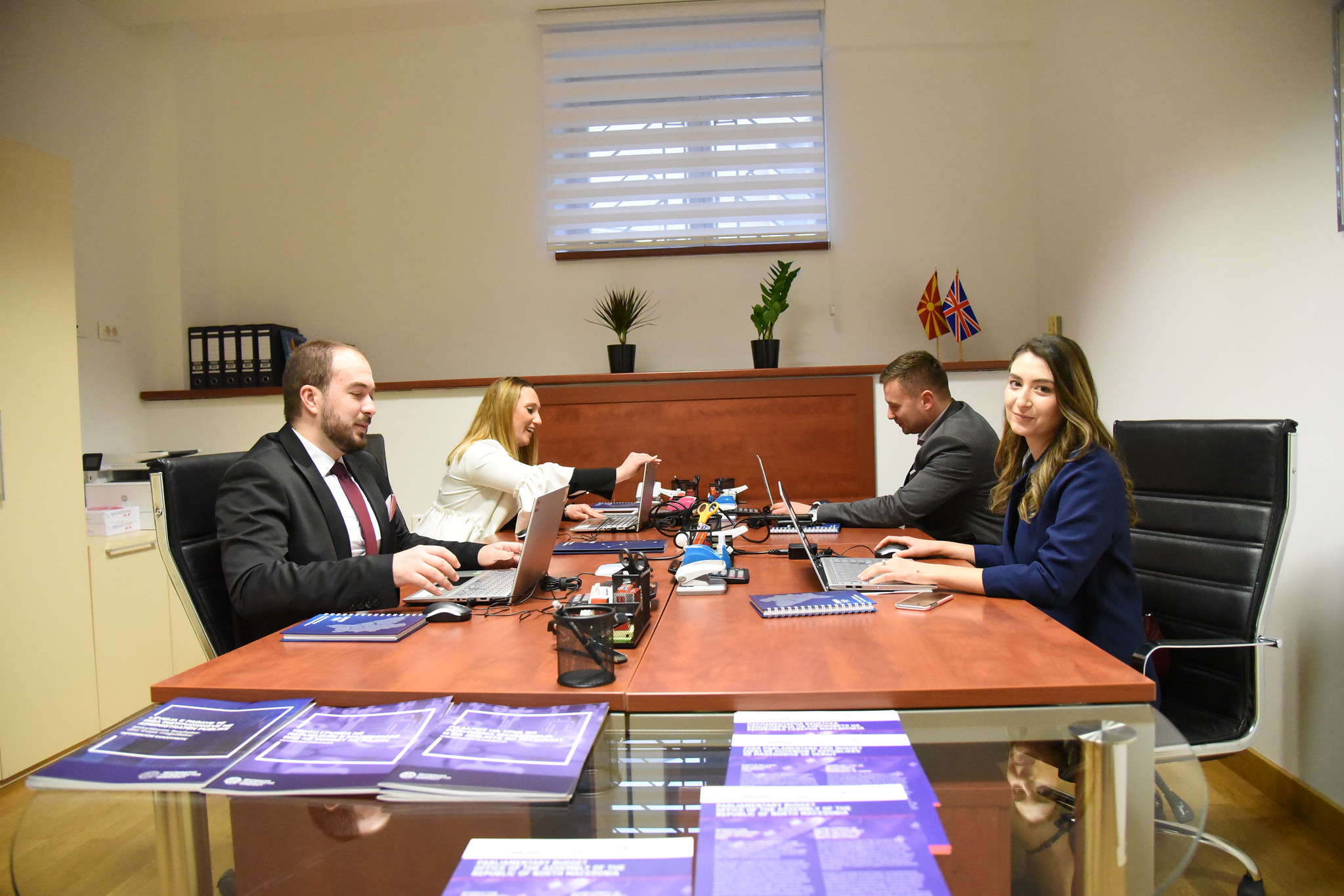In many political systems, parliaments are responsible for approving the budget and controlling government spending, so that funds are used effectively, efficiently and fairly and are not misappropriated. However, legislators do not always have access to the financial information they need to fulfil this role, while the executive enjoys privileged access to economic and financial forecasts.
WFD’s new series of briefs on financial accountability are intended to help parliaments balance the information asymmetry between the executive and the legislature when it comes to public financial management.
There are 8 policy briefs in total on specialized topics, ranging from a critical review of the work of Public Accounts Committees (PACs) and Parliamentary Budget Offices (PBOs), to ways for parliament to influence the budget formulation process and financial accountability for fiscal decentralization.
- Are Supreme Audit Institutions fit for purpose in the age of COVID-19 and beyond?
- A critical review of public accounts committees
- Assessing the role of parliament in the budget process: The public expenditure and accountability framework
- Accountability for fiscal decentralisation at the sub-national level
- Strengthening the role of Parliament in the Budget Process: the role of Parliamentary Budget Offices
- Costing and Analysis of Political Party Electoral Platforms (Manifestos)
- Influencing the budget during the formulation stage
- Performance-Based Budgeting: a ‘Whole of Government’ Initiative
With this new analysis, WFD wants to support the critical role of parliaments and parliamentarians in holding the government to account by assessing its economic assumptions and budgetary plans.
We hope the information will be useful. And we trust it will contribute to more effective parliamentary oversight and accountability.
Franklin De Vrieze, WFD’s Senior Governance Adviser, introduces the briefs:
1. Are Supreme Audit Institutions fit for purpose in the age of COVID-19 and beyond?
To be fit for purpose in the age of COVID-19 and beyond, supreme audit institutions need to do the following: First, they need to rebalance their audit portfolio and shift resources away from compliance towards performance audit. Second, they need to adopt a more holistic approach in which compliance and regulatory audits contribute to identifying systemic weaknesses in government. Third, they need to reflect on societal impact by obtaining feedback on the usefulness of the reports and aligning their resources to tracking and reporting on the government’s implementation of national priorities such as the SDGs and climate change.
2. A critical review of public accounts committees
Brief 2, a critical review of Public Accounts Committees, looks at the key challenges faced by PACs and offers some recommendations for strengthening their performance.
3. Assessing the role of parliament in the budget process: The public expenditure and accountability framework
This brief on assessing the role of Parliament in the budget process identifies the PEFA indicators available to assess possible entry points for supporting ex ante and ex post oversight of the budget, as well as other aspects of PFM.
4. Accountability for fiscal decentralisation at the sub-national level
The brief on financial accountability for fiscal decentralization focuses on prerequisites for holding fiscally decentralized sub-national governments to account for how funds under their control are spent. This includes robust PFM systems and horizontal accountability mechanisms (namely external audit and legislative oversight). This brief examines eighty key PFM indicators covering 20 sub-national units in order to compare PFM and horizontal accountability at the central versus the sub-national level.
5. Strengthening the role of Parliament in the Budget Process: the role of Parliamentary Budget Offices
Brief 5 examines how the PBO can add significant value in strengthening the role of parliament in the budget process, particularly as part of the formulation and approval process. The brief identifies a number of ways in which the PBO can level the playing field between the executive and legislative branch by providing parliament with independently verified and timely information.
6. Costing and Analysis of Political Party Electoral Platforms (Manifestos)
Brief 6 examines the costing of political party platforms/manifestoes, which are often carried out by PBO’s.
7. Influencing the budget during the formulation stage
With respect to oversight over the budget before it is passed, brief 7 on Shaping Budget Formulation and Influencing the Budget Proposal looks at the advantages to starting scrutiny of the budget at the formulation stage as opposed to the approval stage, and identifies entry points for civil society and parliament to contribute to the budget process at the formulation stage.
8. Performance-Based Budgeting: a ‘Whole of Government’ Initiative
Brief 8, on performance-based budgeting (PBB), examines how PBB can strengthen ex ante parliamentary oversight by providing parliament with performance information to inform budget decisions. PBB also lays the groundwork to evaluate program performance, thereby strengthening the potential for stronger ex post oversight as well.


